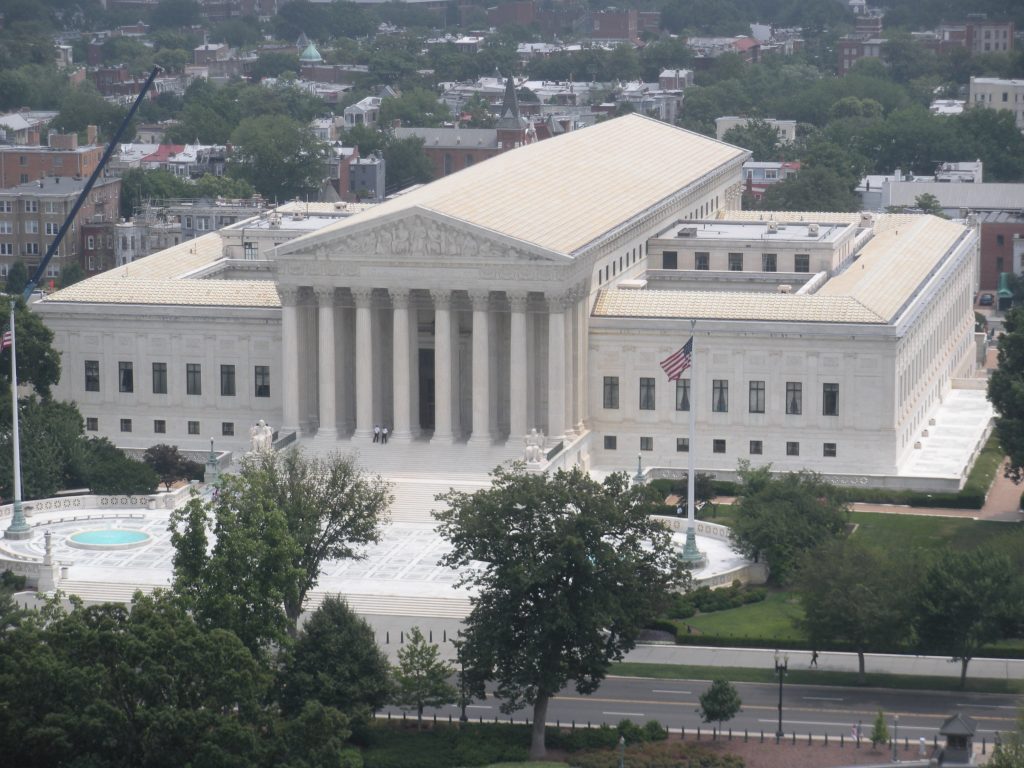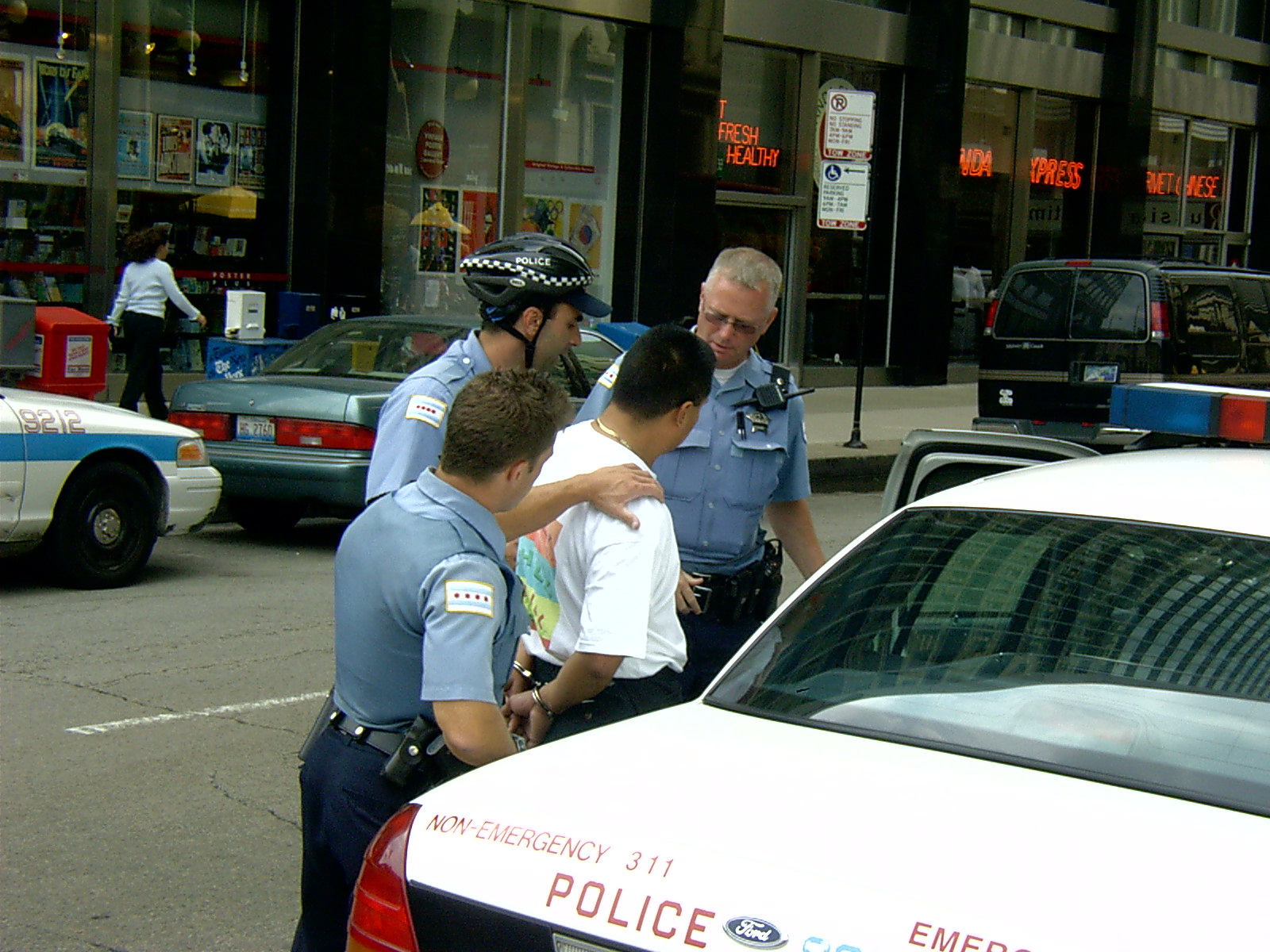The Fourth Amendment protects you when you get arrested. It states, in full, as follows:
The right of the people to be secure in their persons, houses, papers, and effects, against unreasonable searches and seizures, shall not be violated, and no warrants shall issue, but upon probable cause, supported by oath or affirmation, and particularly describing the place to be searched, and the persons or things to be seized.
As it states, the Fourth Amendment applies to “seizures.” The word “seizures” means arrests.
Does the Fourth Amendment apply when you get arrested?
In the context of an arrest, the Fourth Amendment says two specific things. First, that police shall not “seize,” i.e., arrest, you without probable cause. Second, a judge cannot issue an arrest warrant without probable cause. To get a warrant, prosecutors must present probable cause at a hearing in court. Searches require probable cause, too.
Although the Fourth Amendment does not define the term “probable cause,” courts have came up with a definition. As a general rule, courts find probable cause when there is a reasonable basis to believe that a crime has been committed and that the person to be arrested committed it. Without probable cause, there can be no arrest or arrest warrant.

What happens if government officials violate your Fourth Amendment rights?
If police or other government officials violate your Fourth Amendment rights, there are consequences. The most common example involves searches. If police illegally search your home without probable cause, their conduct violates the Fourth Amendment. Therefore, most of the time, courts won’t let prosecutors use the evidence that police find.
When courts don’t let someone present evidence, they “suppress” it. The legal team for this is “suppression” of evidence. But the suppression of evidence isn’t the only consequence for a Fourth Amendment violation.
In addition, if police violate your Fourth Amendment rights, you can also file a “Bivens action.” The term Bivens action comes from a U.S. Supreme Court case called Bivens v. Six Unknown Named Agents of Federal Bureau of Narcotics.
In that case, the Supreme Court held that you can bring a lawsuit against a government official who violates your Fourth Amendment rights. Therefore, if a police officer illegally searches your home in violation of the Fourth Amendment, you can file a Bivens action.

The Takeaway:
The Fourth Amendment prohibits government officials from arresting you without probable cause. If police violate your Fourth Amendment rights, prosecutors can’t use the evidence they find. You can also violate a Bivens action against the police.






